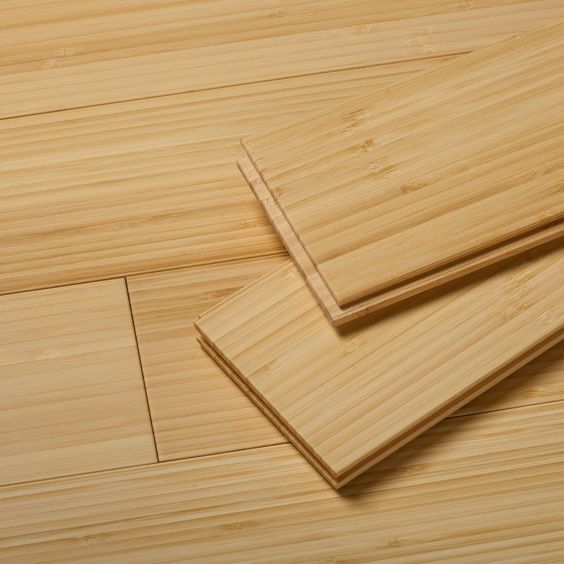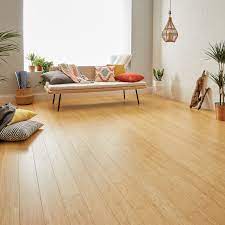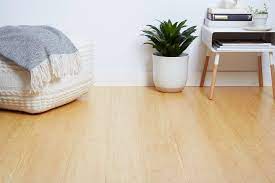Bamboo flooring and panels have gained popularity in recent years due to their eco-friendly nature and aesthetic appeal. However, homeowners often wonder about the impact of rainy weather on these versatile materials. As rain can bring moisture and humidity, it’s essential to understand how bamboo surfaces may react to such conditions.
Bamboo is known for its resilience and durability, but like any natural material, it can be susceptible to changes in moisture levels. Excessive moisture can cause bamboo to swell, warp, or even mold if not properly addressed. Therefore, it’s crucial to take preventive measures to protect bamboo floors and panels during rainy seasons.
One of the primary concerns with rainy weather is moisture infiltration. Bamboo is relatively resistant to moisture compared to hardwood, but prolonged exposure to high humidity levels can still lead to problems. Moisture can seep into the bamboo fibers, causing them to expand and potentially result in buckling or cupping of the flooring.
Additionally, rainy weather can increase the risk of mold and mildew growth on bamboo surfaces. Mold thrives in damp environments, and if left unchecked, it can damage the structural integrity of the bamboo and pose health risks to occupants. Regular cleaning and proper ventilation can help mitigate the risk of mold growth in rainy conditions.
To protect bamboo floors and panels from the effects of rainy weather, homeowners should consider the following tips:
Ensure proper installation: Proper installation is essential for preventing moisture infiltration. Bamboo flooring should be installed with a moisture barrier to prevent water from seeping into the subfloor.
Maintain indoor humidity levels: Invest in a dehumidifier to regulate indoor humidity levels, especially during periods of heavy rainfall. Keeping humidity levels between 30% and 50% can help prevent moisture-related issues.
Use area rugs and mats: Place area rugs or mats in high-traffic areas to absorb excess moisture and protect bamboo flooring from water damage.
Clean up spills promptly: Accidental spills should be cleaned up immediately to prevent moisture from penetrating the bamboo surface.
Ensure proper ventilation: Good ventilation is crucial for preventing moisture buildup in enclosed spaces. Use exhaust fans in bathrooms and kitchens, and open windows when weather permits to promote airflow.

By following these guidelines, homeowners can maintain the beauty and durability of bamboo floors and panels, even in rainy weather conditions. With proper care and maintenance, bamboo surfaces can withstand the elements and provide years of enjoyment in any home.
Post time: May-10-2024







